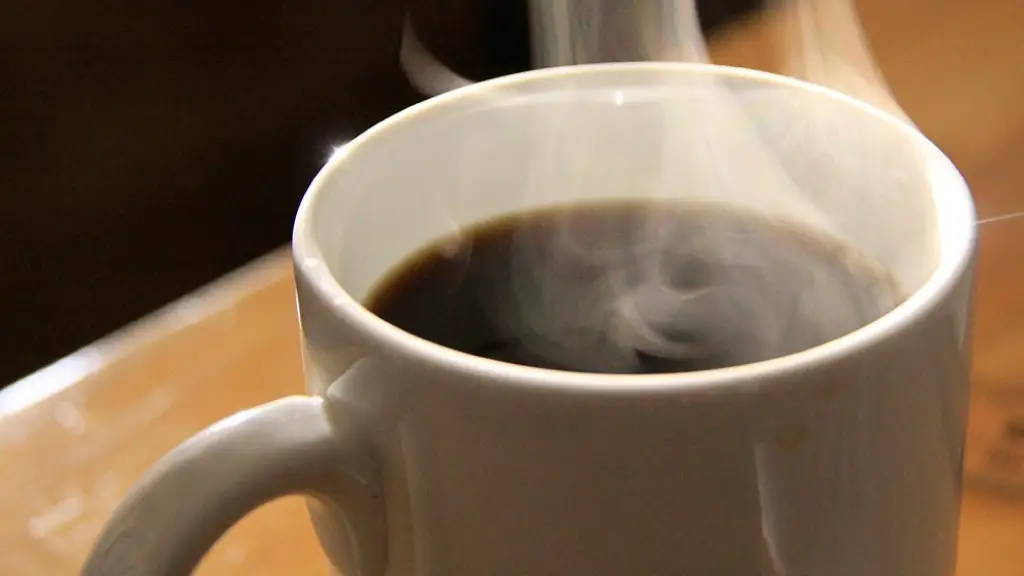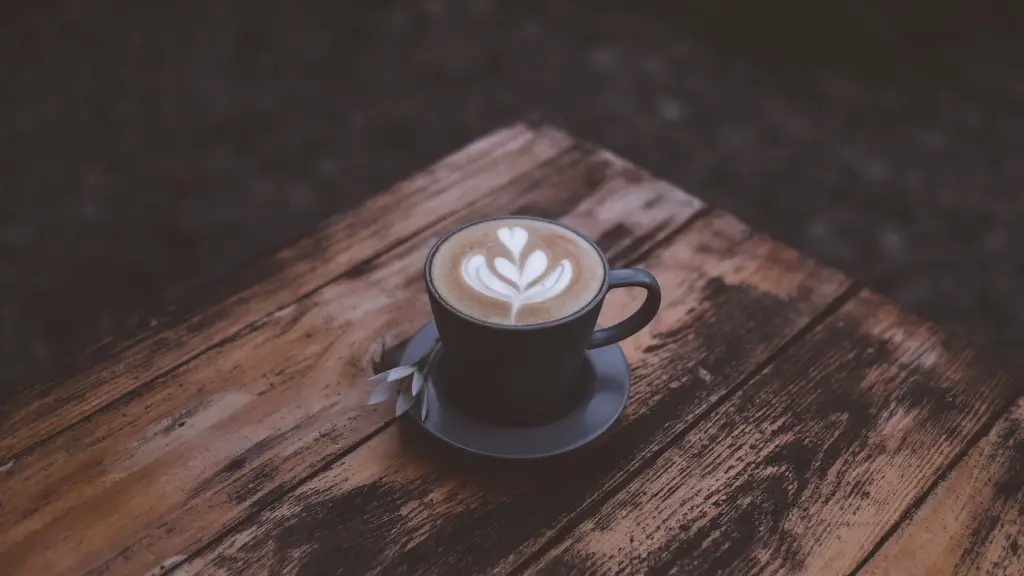What is Intermittent Fasting?
Intermittent fasting (IF) is an eating pattern that cycles between periods of eating and fasting. Typically, people who follow IF will fast for 16 hours a day and restrict their eating to an 8-hour window. There are various ways of undertaking IF, such as the popular 5:2 diet where you eat during the 8 hours and fast for the remainder of the day for two days each week.
Proponents of IF have suggested that there are numerous advantages to the diet. Studies have favoured intermittent fasting for its potential to reduce inflammation, promote autophagy (the body’s natural process of recycling and regenerating cells), control hunger and cravings, reduce body fat and improve cardiovascular health.
Can You Drink Coffee During Intermittent Fasting?
Due to its caffeine content, coffee is something that needs to be considered while undertaking an intermittent fasting diet. Caffeine has been found to increase the change in the body’s hunger hormone, ghrelin, and can impact on how we feel something we eat or drink.
However, experts agree that it is fine to drink coffee while intermittent fasting. Nutritionists advise that you can drink unsweetened coffee or tea during your fasted state as long as it is black. As coffee and tea already contain a moderate amount of caffeine, nutritionists advise that it is important to consider a personal tolerance of caffeine when deciding how much is ‘too much’ during a fast.
What Are the Benefits of Drinking Coffee During Intermittent Fasting?
Just like during the normal eating pattern, coffee offers its own set of benefits for those on intermittent fasting diets. Studies have shown that coffee can increase the body’s energy levels and improve reaction time and alertness.
It is important to remember that coffee can also temporarily reduce feelings of hunger, and this could influence decisions to make better choices about what to eat when you’re in a fed state. Additionally, coffee has been linked to better concentration and increased productivity.
What Are the Risks of Drinking Coffee During Intermittent Fasting?
Just like with any habitual food or drink, there exists potential risks alongside the potential benefits. Overdrinking caffeine can cause you to become dehydrated, and when fasting dehydration can be a problem already. If you are going to drink coffee while fasting, it is important to ensure that you are drinking enough water to keep your body hydrated. You can also choose to drink decaffeinated coffee during a fast.
However, it’s important to note that not all forms of caffeine are the same. energy drinks and sport performance drinks are loaded with extra artificial sweeteners, sugars and other ingredients which means portions of them should be avoided should you be engaging in an intermittent fast.
What Are Alternatives to Coffee?
Intermittent fasters can occasionally enjoy drinks such as latte or cappuccino in small servings as long as they contain minimal amounts of sweeteners. Even though some nut milks have fats, they are healthy, vegan sources of plants and can be consumed during fasting.
Non-dairy alternatives such as oat, rice, hemp and cashew milks provide low-fat or fat-free options with some other added benefits – such as electrolytes and increased nutritional value. Herbal teas are another viable alternative to coffees during intermittent fasting and can provide a great source of hydration during a fast.
What Else Should I Consider?
When engaging in an intermittent fasting diet, it is important to assess individual body needs and health goals. As such, nutritionists advise that it is important to understand your body and develop an understanding of how different foods and drinks impact it.
The most important factor to remember is to listen to your body and how it reacts. For example, if stimulating drinks like coffee or tea affect sleep, drink these earlier in the day, and be wary of any headaches or other signs that your body is not happy.
Does Coffee Count as Water Intake?
Water is a vital component in any diet, fasting or otherwise. Nutritionists and experts agree that coffee may not necessarily be a good substitute for water intake, however, it is not completely unheard of to include coffee in daily water intake goals.
For intermittent fasters, it is important to remember that although coffee does contribute some level of liquid intake to our diets, it is still important to aim for the full 8-10 daily glasses of water so that adequate hydration is maintained.
Should Intermittent Fasters Avoid Coffee?
Whilst coffee does have its benefits, there does exist a few downsides. Most nutritionists and health professionals agree that coffee – just like any other beverage – should perhaps be enjoyed in moderation.
It is become more and more popular for intermittent fasts to commit towards avoiding coffee altogether due to the contention over its potential negative impacts on health in the long-term.
Can I Have Other Beverages While Intermittent Fasting?
Yes, there are other beverages that can be enjoyed while intermittent fasting. Broths, soups, and bone broths are consumed regularly during short periods of fasting.
There are also other drinks that can be made with natural and artificial sweeteners that are low in calories, such as flavoured waters, smoothies, and teas. Nutritionists advise that those undertaking an intermittent fast should avoid alcoholic drinks and opt for healthier choices such as vitamin-rich fruit and vegetable juices, herbal teas, and unsweetened green tea.


